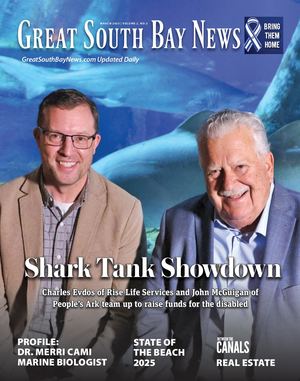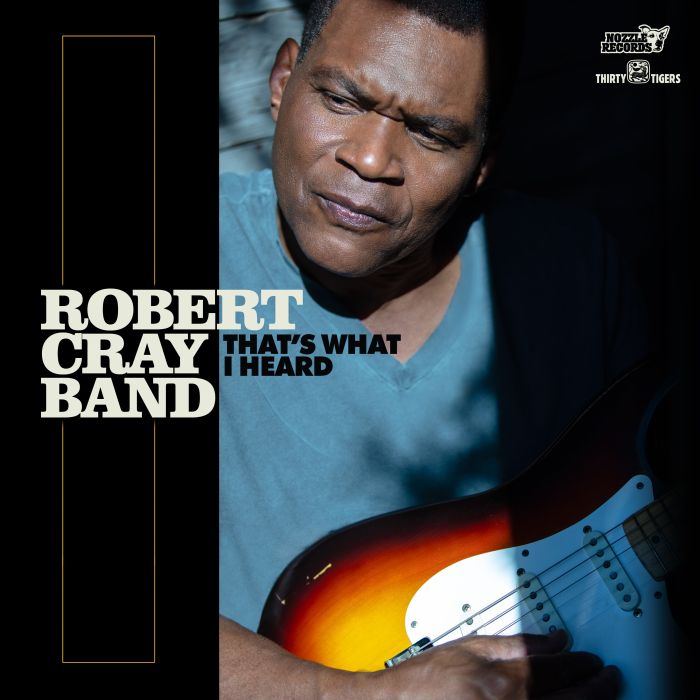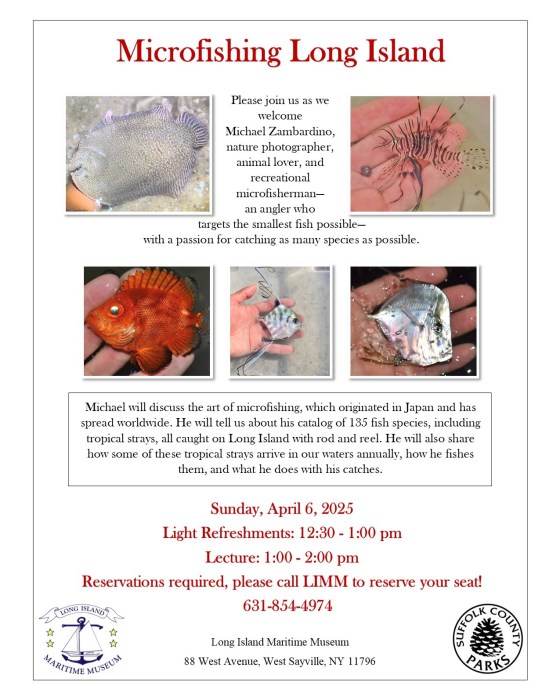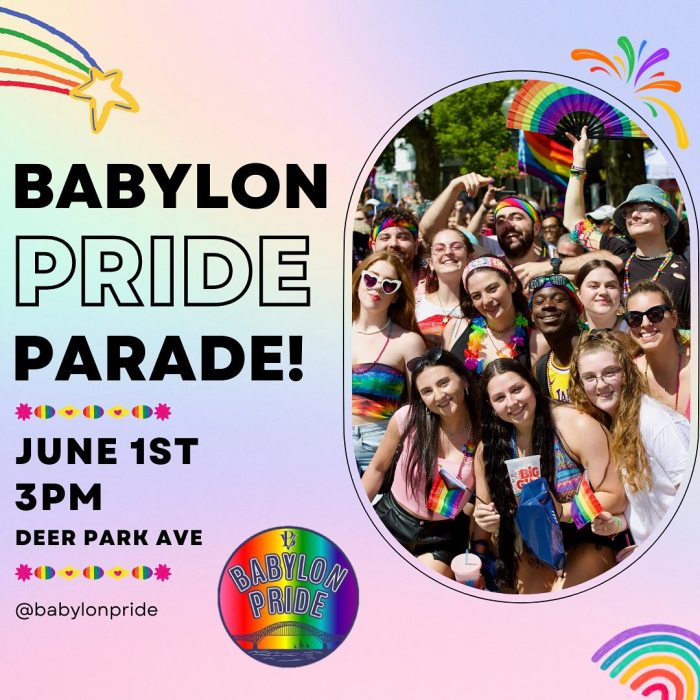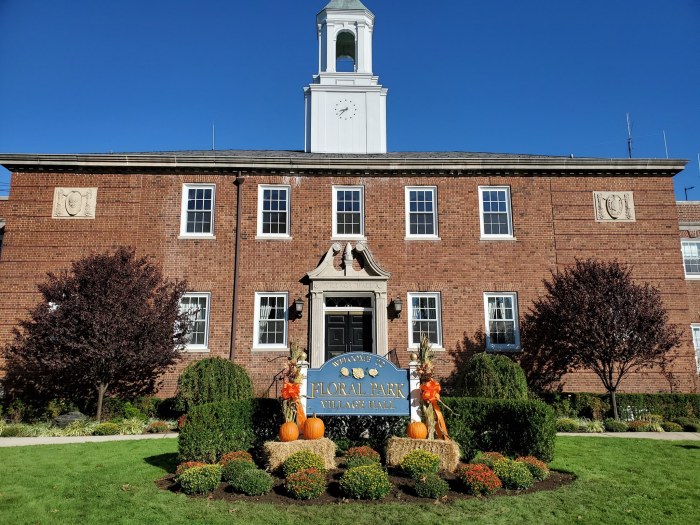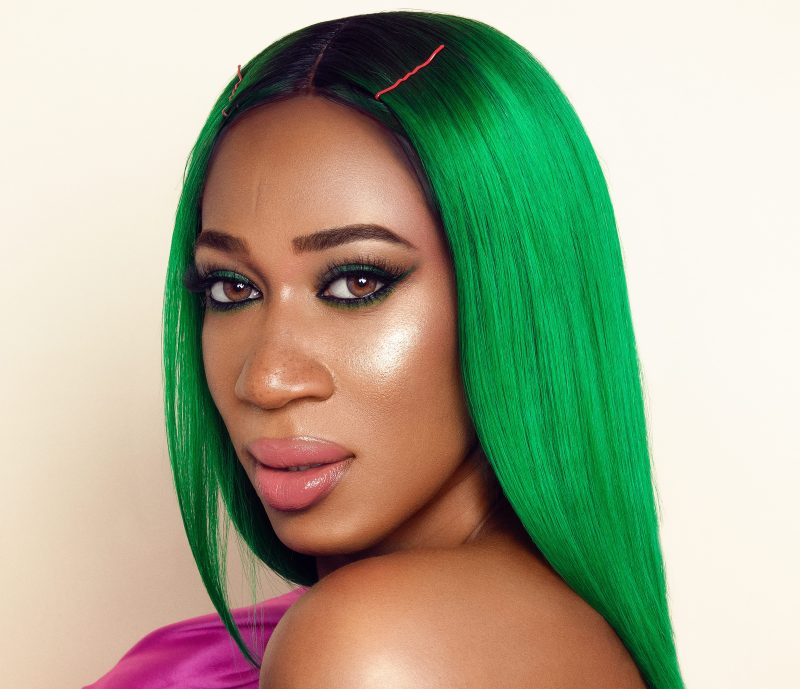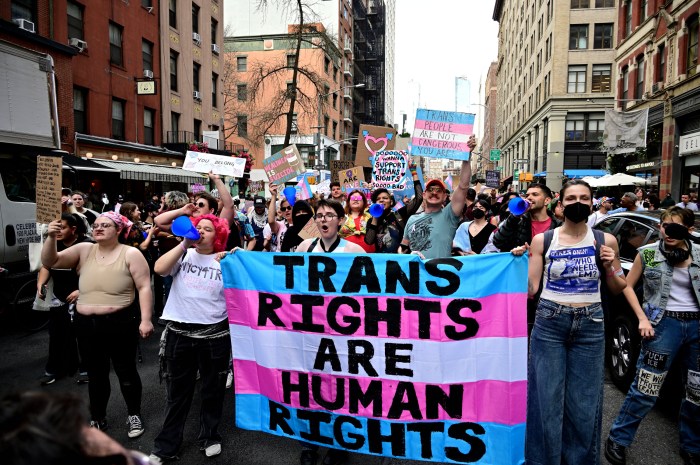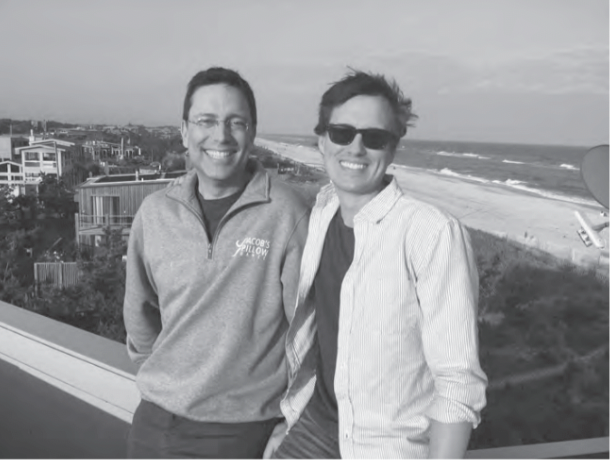
Andrew Kirtzman (left) with his husband, Kyle Froman, in Fire Island Pines
As a notable journalist, news correspondent, author, entrepreneur, business owner and lover of Fire Island, Andrew Kirtzman is a man of many accomplishments and passions. After his parents purchased a house in Ocean Beach when he was a child, the Kirtzman family fell in love with the island. He currently owns an oceanfront house in the Fire Island Pines where he and his husband of 17 years, Kyle Froman, spend much of their time. His siblings, Jesse Kirtzman, Steven Kirtzman, and Elissa Kirtzman still live in Ocean Beach with his seven nieces and nephews. In fact, his brothers live in the house their parents bought many years ago. Kirtzman, among his many other accomplishments, is a soon-to-be three-time author. His third book, “Giuliani: The Rise and Tragic Fall of America’s Mayor,” will be released on Sept. 13, 2022.
Fire Island News (FIN): I wanted to start off by getting some background about you. Can you tell me a little about who you are, and what you do?
Andrew Kirtzman (AK): My Fire Island history starts at about 4 years old. My parents first rented, and then bought a house in Ocean Beach over 50 years ago. My brothers still live in that house, and my sister has her own house – both in Ocean Beach. I own a house and a business in the Pines, so Fire Island is really in our blood.
FIN: It’s interesting because you’re so involved in Fire Island, but you also have a career as a news correspondent and you’re a writer. What inspires you to work in those areas?
AK: My journalism career began in Ocean Beach. Craig Charlton and I started a bi-weekly newspaper called The Ocean Beach Villager straight out of high school. We were both 17 years old and knew nothing about running a newspaper. There was a big mayoral election in Ocean Beach that year. Craig’s family was on one side of it, my family was on the other side of it, and neither of us felt that it was getting adequate coverage. We were too young to know what we didn’t know, so we decided to go for it, and it was a remarkable experience. The Villager was published for five years. It began as The Ocean Beach Villager and the third year it became The Fire Island Villager. It had us running around Fire Island on water taxis, both delivering newspapers and covering the news. It was my first job in journalism and possibly my best. Actually, even before then, my literal first job in journalism was as a photographer for the Fire Island News for Bee Garfield. It was an unpaid job, but I kind of got bitten by the bug. While we were running The Villager during the summer, I enrolled at the University of Pennsylvania and eventually became the editor of The Daily Pennsylvanian. My buddies at the student newspaper would come with me to Fire Island during the summer and be editors at The Villager. Between those two newspapers, I learned journalism.
FIN: So, you were doing photography, you were writing articles and then somehow, you made your way over to TV. How did you move into that space?
AK: My first daily newspaper was The Hudson Dispatch in Union City, New Jersey. It was circulation 20,000 and the pay was, I think, $12,000 a year, but it was a great place to start daily journalism. It was located in a very, very corrupt area of New Jersey and it was the kind of place where you come to work in the morning and see FBI agents hauling away politicians on your beat. I was there for several years and then I moved to Houston, Texas, to work as an investigative reporter at The Houston Post. Then, I kind of worked my way back to New York as a city hall reporter for the New York Daily News. I spent two years there and it was then that NY1 went on the air. It was a 24-hour news station for New York City, which was a new concept, and they hired me. I was one of the first reporters they ever hired, and I was brought on as a political reporter. I eventually became a host of Inside City Hall, the nightly political show. And finally, I spent almost 10 years there and then moved to WCBS-TV and worked as a political reporter and host of a show called Kirtzman and Company.
FIN: If you worked your way through all these different avenues, where does the inspiration come in to start writing books?
AK: At the New York Daily News, I worked in room nine at city hall, which is this fabled press room, and covered the Dinkins administration there. I kind of watched the mayor drowning from events and being kind of held captive to events around him. When I moved to NY1, I covered Rudy Giuliani’s race against Dinkins in 1993 and became its Giuliani reporter for the next eight years. He was an extraordinary subject for a journalist. He was brilliant and competent and dictatorial. Polarizing, mean spirited at times, arguably racist. There was a theatrical quality to covering him and watching him almost single handedly turn around a city that was in deep trouble was an extraordinary experience. The fact that he had so many good and bad qualities made him an epic figure to cover and I never tired of it. So, I wrote a book about him towards the end of his term called “Rudy Giuliani: Emperor of the City,” which was a chronicle of his mayoralty.
Soon after it was published, I woke up one morning when my mother called me, and she told me to turn on the television and saw the smoking towers. It was the day of September 11 and I ran down, or kind of terrorized a taxi driver to take me down to the towers. I watched tower one fall from my taxi ride and when I arrived down Chamber Street, my taxi driver threw me out. The streets were covered with dust and a cop started screaming at me to get off the streets. I flashed my press pass and I told them I was looking for Giuliani. He looked at me quizzically, and he said, “Oh, Giuliani’s right there,” and Giuliani was down the street. He looked at me, and he said, “Come on, let’s go.”
He and I spent that whole experience together, along with his entire entourage. When tower two came down, it was this massive explosion that started chasing us and we ran for our lives up Church Street. I reported on that story extensively, and then wrote an additional chapter about the experience for my book. I have been covering him ever since. There’s almost no figure in American life I can think of with as epic a story as Rudy Giuliani and who has experienced so many rises and falls.
I’ve been writing about him for newspapers. I’ve spoken about him on television. And, when he came back into the news with the ascension of Donald Trump, Simon and Schuster asked me to write a second book about him. And they wanted the full sweep, the full biography. I’ve been working on that and it’s coming out Sept. 13. As it happens, I just pressed send on the last version of the galleys.
FIN: Wow, congratulations. That’s so exciting. You had mentioned earlier that you own some property in the Fire Island Pines. You own The Madison; do you own anything else?
AK: I did. Now, let me go back further. I had a great job at NY1 and hosting a nightly show was a very rare privilege. There are not many gigs like that in television. When the offer came from WCBS-TV, I thought, well, at least I can buy myself a house in the Fire Island Pines because they paid a lot better.
I bought myself an oceanfront house in the Pines and the values were skyrocketing at the time. I decided I was going to buy a second property as a rental property, but instead, I kind of stumbled upon this concept of opening up an upscale guesthouse, because the Pines is all about glamour, but there was no glamour place to stay. I built The Madison Fire Island Pines. Again, it was kind of this entrepreneurial flyer because I had no experience in hospitality. I’d barely ever set foot at a bed and breakfast, but I just had a concept and I really wanted to do it. And it was a monumental project. That was about 13 years ago, and it’s been a great success. Somewhere in the middle of that period, I got bitten by the bug and decided I wanted to buy the entire commercial district in the Pines. I found a real estate developer and an investment banker, and the three of us raised the money and we bought almost the entire commercial district, including the Blue Whale, Pavilion, the Boatel, a gym, a lot of storefront real estate, and we ran it for five years. The Pavilion burned down and the fire kind of killed the buzz on the investment. We rebuilt it, but by then it was clear that this was not going to be a profitable venture for us. We sold it and I moved on in my career.
FIN: You sold The Pavilion, but you still own the other businesses?
AK: We sold the commercial properties, including The Pavilion, but I still individually own the Madison. My husband tells a story where I came home from the island one day, and I told him that I wanted to build a bed and breakfast, or a guest house. And he said to me, “what do you know about running a guest house?” and I said, “nothing.”
FIN: Sometimes all you need is an idea.
AK: For better or worse, I was kind of blessed and cursed with an entrepreneurial streak.
FIN: And you still have your oceanfront house there?
AK: Yeah, you know, it’s my happy place. My heart is in Fire Island and I’ve always said when I die, I want half of my ashes spread in Ocean Beach and the other half in the Pines.
FIN: What is your favorite thing about either Ocean Beach, the Pines or Fire Island as a whole?
AK: It’s so close to the city, but you feel a million miles away. The Pines is half small town and half international destination. And it’s just a perfect match for me. It makes it fun, exciting, yet, small town, and comfortable. Living in Ocean Beach or living in the Pines becomes a very comfortable experience. They’re small villages and there’s really something about living in a place where everyone knows one another. It’s great to be in a place where everyone is happy to be there and Fire Island is everyone’s happy place. So, in addition to living a life in the city where half the people are miserable all the time, it’s a great thing to be in a place where people are excited to be there. Where people spend their entire week looking forward to the moment on Friday where they can take a Ferry and go to the island.
FIN: How often do you get to go out to the island?
AK: It’s a winterized house and I’m there all the time. When I set out to write this new book, I would go out there for two or three weeks at a time with my dog. I wrote much of this new book out there. It was a great place for quiet. No interruptions and it was pretty. During the winter, the place is really deserted, and you feel like the place is yours. Everyone thinks the island kind of shuts down after the fall, but I enjoy my Fire Island winter weekends as much as my summer weekends. It’s just spectacularly beautiful. There’s something about Fire Island that gets into your blood. And this pertains not just to me, but my family as well. When you marry a Kirtzman, you marry Fire Island.
FIN: It’s not a bad place to marry.
AK: You know, our spouses had no choice.
FIN: So, you grew up more in Ocean Beach, and your brothers and sister still live there. Why did you go to the Pines?
AK: I think it was somewhere along the line while I was publishing The Villager and bopping around from community to community on the water taxi, part of me started to get intrigued with the gay communities. It really took a visit to The Pavilion on Labor Day weekend 1981 to realize why, which is that I was gay. I really just discovered it on the dance floor of The Pavilion, which is why I bought it several decades later. It just meant the world tome. It was just the most thrilling place I’d ever, ever stepped into. I just loved it with a passion.
FIN: Is there anything I didn’t ask you that you wish that I had touched on?
AK: There’s one other project. We just debuted a documentary on Giuliani that I’m an executive producer on and also, the on-camera narrator for, called “Rudy! A Documusical.” That just premiered at the Tribeca Film Festival.
FIN: How did that how did you fall into that project?
AK: It was kind of the same thing as what happened with the book. When Giuliani reappeared on the scene as Trump’s lawyer, the phone just started ringing. I was known as Giuliani’s biographer, and a whole slew of documentary makers expressed interest in making documentaries about Giuliani. I agreed to do one with a director named Jed Rothstein, and a year later we had a documusical.
FIN: How did you like that project?
AK: It was great! I mean, what could be better than sitting in front of a camera and shooting your mouth off about your favorite subject?
